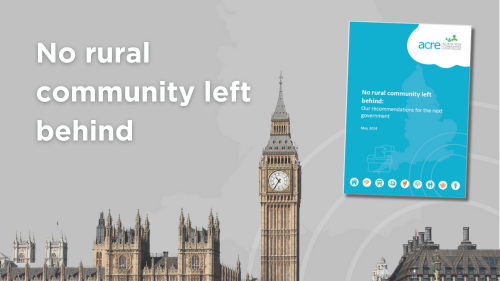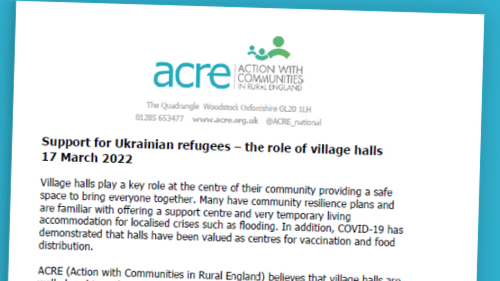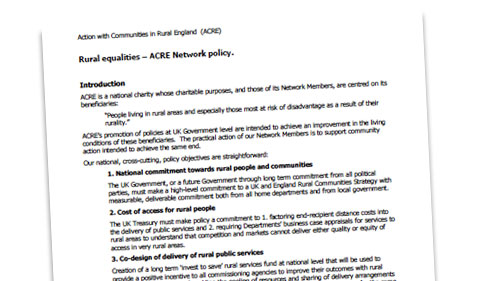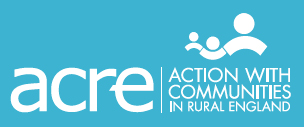Diversity and inclusion
The countryside should be an open and welcoming place where no one is disadvantaged.
The difficulty with this popular perception is that it can accentuate feelings of isolation, or worse still, experiences of exclusion or discrimination by minority groups and individuals – often on top of other challenges associated with living in more remote parts of England.
Combating this narrative and actively creating opportunities for everyone to participate in rural life is essential for making sure the countryside is more inclusive.
ACRE Network members strive to improve conditions for everyone in the countryside. Whilst much of their time is spent supporting community groups that request it, they also deliver proactive projects and campaigns promoting greater diversity and inclusion in rural areas. This includes campaigns raising awareness of diversity in the countryside as well as more targeted support for those at risk of disadvantage – from supporting dementia groups to schemes linking non-native English speakers with volunteers.
ACRE is also working with network members to develop new projects and programmes that give voice to those who often go unheard, promote mutual understanding and respect between people, and tackling systemic issues that hinder diversity and inclusion such as access to affordable homes and access to a range of employment opportunities.
We believe government policy can go a long way to fostering greater diversity and inclusion in the countryside. By improving access to affordable housing, properly funding rural services and backing the rural economy, there will be much greater opportunity for people of all backgrounds to be a part of rural communities.
But aside from this, we are also keen to develop the capacity of ACRE members to promote diversity and inclusion locally. One limiting factor is that many funders require projects and programmes to focus on meeting the needs of disadvantaged or under-represented groups in society. Unfortunately, such an approach is not always practical in rural areas where population density is much lower, and groups harder to identify. Rather, we would like funders to be more open to the value of supporting whole rural community projects that encourage people from all walks of life to come together in a particular place, share experiences, and help each other overcome shared concerns.
View our specific policy recommendations for the next government here.
ACRE Member Case Study – Yeovil Together, Somerset
Take a look at the first Yeovil Together community event. An initiative supported by the Community Council for Somerset which is run by the ethnic diverse community groups in Yeovil who bring the whole community together to enable intercultural dialogue





